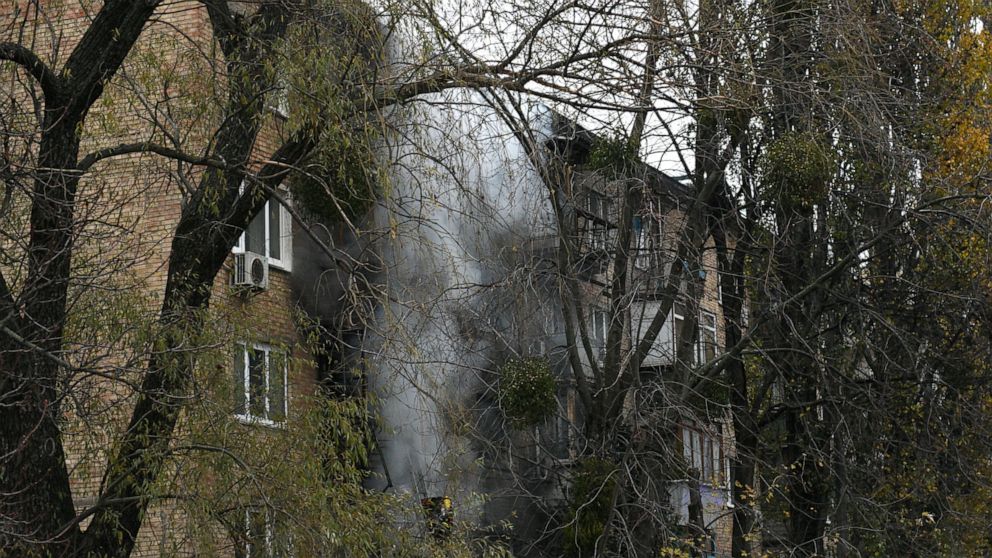LiamGallaghersBucketHat
Go on, geezer.
This is fantastic. Would it benefit the Democrats if that Loser created a third party?


It’s such a self-fulfilling prophecy. Mess and perceived danger lead to closing up of public space and accessibility which drives up the unfamiliarity and fear.
The fight to build more public bathrooms in America
Today’s cities are almost completely devoid of public toilets. An unfolding movement is trying to change that.thehustle.co
Interesting read.
100 years ago there were plenty of public bathrooms. Now we have record low numbers in our cities.
The first decline in public bathrooms came with the automobile. And a relocation of downtown public bathrooms to gas stations, which more often than not, weren't downtown and required a car to get to.
Gas station bathrooms were very nice in their hay day. I remember reading an article about how until the early 60's, they were considered a draw to the gas station, and were used in advertisements as having the cleanest bathrooms. Then they declined when the interstate system was built and gas prices started to rise.
Another issue is maintaining public bathrooms is expensive. And by the 80's and 90's most cities have slashed them from their budgets.
A common argument to cut their funding came down to them being known as "dirty and dangerous places".
So gas prices going up which should equate to more profit.... meant they couldn't up keep the restrooms?
The fight to build more public bathrooms in America
Today’s cities are almost completely devoid of public toilets. An unfolding movement is trying to change that.thehustle.co
Interesting read.
100 years ago there were plenty of public bathrooms. Now we have record low numbers in our cities.
The first decline in public bathrooms came with the automobile. And a relocation of downtown public bathrooms to gas stations, which more often than not, weren't downtown and required a car to get to.
Gas station bathrooms were very nice in their hay day. I remember reading an article about how until the early 60's, they were considered a draw to the gas station, and were used in advertisements as having the cleanest bathrooms. Then they declined when the interstate system was built and gas prices started to rise.
Another issue is maintaining public bathrooms is expensive. And by the 80's and 90's most cities have slashed them from their budgets.
A common argument to cut their funding came down to them being known as "dirty and dangerous places".
My thoughts exactly.That guy seem like a walking advertisment for stricter concussion protocols in zhe NFL

Damn, girl! Get it!
All hail Jeff Bezos the philanthropist! The rest of us will just keep paying our taxes | Marina Hyde
The Amazon founder says giving money away ‘is really hard’. Luckily, poor people do far more of it than he does, says Guardian columnist Marina Hydewww.theguardian.com
I really enjoy those Marina Hyde columns in the guardian. They are mostly centered on UK politics but always biting and funny.Damn, girl! Get it!
also, fauxlanthropy, love it

Meanwhile, Russia is hitting ukraine with massive missile attacks on the infratsructure. For the first time, it seems that a stray rocket hit a town in Poland with 2 people reportedly dead. Which could escalate the whole thing even further.

Poland: Russian-made missile fell on our country, killing 2
Poland says a Russian-made missile fell in the country’s east, killing two peopleabcnews.go.com
So gas prices going up which should equate to more profit.... meant they couldn't up keep the restrooms?
See this is why capitalism has to go...
